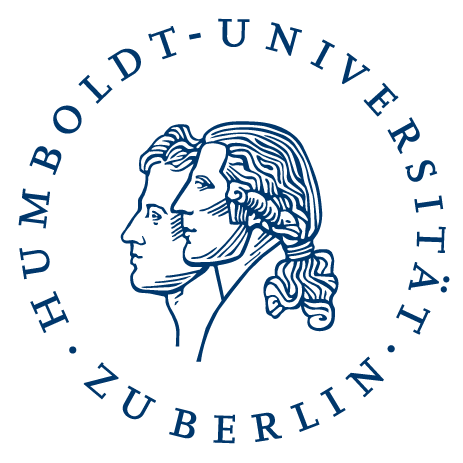CRC 1315
Mechanisms and disturbances in memory consolidation: From synapses to systems
| Spokesperson | Prof. Matthew Larkum Ph.D. |
| Coordinator | Dr. Mary Louise Grossman |
| Contact | +49 30 450 539707 (Office) SFB1315.ifb@hu-berlin.de https://www.sfb1315.de/ |
| Address | Institut für Biologie |
Research Programme
The CRC employs a theory-driven approach to mechanistic models of memory consolidation, focusing on: (i) the contribution of the medial temporal lobe structures to memory consolidation; (ii) the flow of information within this memory loop and the significance of the layer specificity of projections; (iii) the emergence of memory engrams and the distributed nature of memory; (iv) causal mechanisms, from synaptic to systems consolidation through multiple scales; and (v) the role of oscillations in memory consolidation, including the role of sleep. These fundamental questions are investigated in animals and humans. Ultimately, the CRC aims to produce a general theory of memory consolidation based on a consistent mechanistic explanation of consolidation from synaptic- to system-level scales.
The CRC is made up of 23 laboratories, the majority affiliated with the Humboldt-Universität zu Berlin (HU) and the Charité–Universitätsmedizin Berlin. Participating institutions also include the Max-Delbrück-Centrum für Molekulare Medizin, FU Berlin, TU Berlin, Universität Greifswald, Goethe-Universität Frankfurt am Main, Otto-von-Guericke-Universität Magdeburg, and the Max Planck Institute for Ornithology in Seewiesen.

Promoting Gender Equality and Family Friendliness in the SFB 1315
Flexible childcare: The CRC 1315 supports its members with flexible childcare via KidsMobil, offering emergency childcare as well as childcare outside of regular kindergarten hours. CRC members with children are also entitled to IT equipment and infrastructure for home office.
Gender workshops: The CRC 1315 invited Kathrin Mahler-Walther (EAF Berlin) to its first retreat at the Teikyo Hotel, Am Zeuthener See, 19-20 November 2018. Ms. Mahler-Walther’s workshop introduced the topic of “Unconscious Bias” in a lecture-discussion format. The discussion continued in the CRC’s dedicated channel on Slack (#gender).
Brenda Milner Award: Named after the British-Canadian scientist Brenda Milner (*15 July 1918), the CRC will give the award to an early stage female scientist in the CRC (postdoc, junior researcher). The prize comes with 15.000 EUR to be used toward project consumables and travel for project-related collaboration.
Guest Lecture Program: With a kick-off in the winter semester 2019/2020, the CRC will host invited speakers on memory consolidation-related themes with an emphasis on female speakers, as well as invite speakers to give talks on gender-related issues.
Mentoring: The CRC offers female high school students from schools throughout Berlin the chance to gain insights into research in neuroscience. Visiting female students can spend a day with a female/male neuroscience researcher, in cooperation with the HU’s “Club Lise”. Several CRC members have joined Club Lise as mentors.
Raising Awareness of Network Resources: Gender consulting and the balancing of work and family are in the focus of the CRC’s member institutions and of its funding agency, in the DFG’s toolbox for Gender Equality. All of these resource-rich platforms can be found on the CRC’s website and are promoted in an equal opportunities flyer on gender measures in the CRC.





